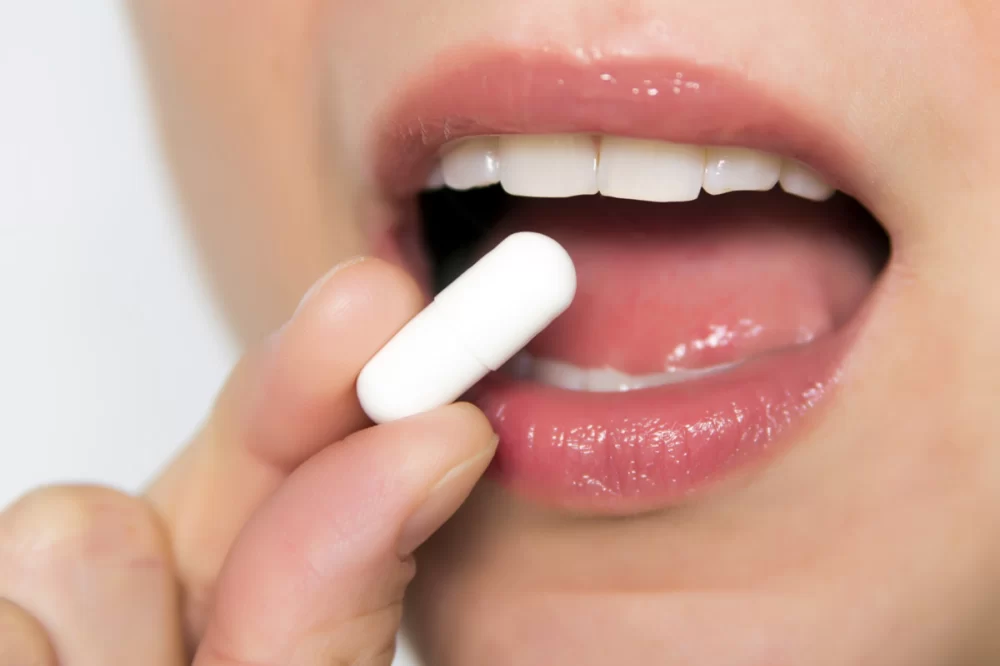
How Medications Can Affect Your Oral Health
Many people are unaware of the significant impact medications can have on their oral health. While medications are crucial for treating various health conditions, they often come with side effects that affect the mouth. Medications can contribute to a variety of oral health issues, from dry mouth to more serious problems like gum disease and tooth decay. Understanding how medications affect oral health is key to maintaining good dental hygiene and addressing potential issues before they become severe.
1. Dry Mouth: A Common Medication Side Effect
One of the most common side effects of many medications is dry mouth, also known as xerostomia. Saliva plays a crucial role in maintaining oral health, as it helps wash away food particles, neutralizes acids, and fights bacteria in the mouth. When saliva production decreases due to medication, the risk of developing cavities, gum disease, and other oral issues increases.
Common medications that can lead to dry mouth include antihistamines, decongestants, painkillers, and antidepressants. If you're experiencing dry mouth, it's important to drink plenty of water throughout the day, chew sugar-free gum, or use saliva substitutes to help manage the condition. In severe cases, consulting with your dentist or healthcare provider for further treatment is essential.
2. Gum Disease: Medication-Induced Risks
Another significant oral health issue associated with medications is gum disease, also known as periodontal disease. Certain medications, especially those that affect the immune system or hormone levels, can increase the likelihood of gum infections and inflammation. For example, medications like phenytoin (used for seizures), calcium channel blockers (for high blood pressure), and immunosuppressants (for transplant patients) can increase gum sensitivity and make the gums more prone to infection.
To prevent gum disease, it's crucial to maintain regular brushing and flossing, use an antimicrobial mouthwash, and have regular dental checkups. If you're on medication that may contribute to gum problems, discuss preventive measures with your dentist.
3. Tooth Decay: Medication and Increased Risk
Tooth decay, or cavities, is another oral health problem that can arise as a result of certain medications. Medications that reduce saliva flow can leave the teeth more vulnerable to plaque buildup, leading to cavities. In addition, some medications, like those used for chemotherapy, can have an acidic effect on the teeth, which accelerates the process of decay.
If you're on medication that causes dry mouth or changes in the acid levels in your mouth, it's essential to brush your teeth regularly with fluoride toothpaste, drink plenty of water, and limit sugary foods and drinks. Your dentist may also recommend fluoride treatments to help protect your teeth.
4. How to Manage Oral Health Issues Caused by Medications
While medications can cause various oral health issues, there are several ways to manage and mitigate these problems. The first step is to maintain a proper oral hygiene routine, including brushing your teeth twice a day with fluoride toothpaste, flossing daily, and using mouthwash to help reduce bacteria.
In addition to good oral hygiene, it's important to stay hydrated by drinking plenty of water, which helps keep your mouth moist and flushes away food particles. If you have dry mouth, you may also benefit from chewing sugar-free gum, sucking on sugar-free lozenges, or using saliva substitutes to improve moisture levels in your mouth.
If you're taking medications that may affect your oral health, it's a good idea to talk to your dentist. They can recommend specific treatments or products, such as fluoride treatments or prescription mouthwashes, to protect your teeth and gums. Your dentist may also monitor your oral health more closely and recommend more frequent checkups.
5. Lifestyle Changes to Protect Your Oral Health While on Medication
In addition to maintaining a good oral hygiene routine, lifestyle changes can also help protect your oral health while on medication. For instance, quitting smoking can greatly reduce your risk of developing gum disease and tooth decay. Smoking is known to reduce saliva production and increase the buildup of plaque on the teeth, making it even harder to manage the oral health problems caused by medications.
Eating a balanced diet that includes plenty of fruits, vegetables, and whole grains can also support oral health. Foods rich in fiber, such as apples, carrots, and celery, can help stimulate saliva production and naturally clean the teeth. Additionally, avoiding sugary and acidic foods will help prevent cavities and other dental issues.
6. Seeking Professional Help for Oral Health Issues
If you're struggling with oral health issues related to your medications, it's important to seek professional help. Your dentist or healthcare provider can offer advice and recommend solutions tailored to your specific needs. In some cases, they may suggest medications to help stimulate saliva production or prescribe specialized oral care products to protect your teeth and gums.
In addition to regular dental visits, it's also a good idea to keep your healthcare provider informed about any oral health concerns. They may be able to adjust your medication or suggest alternatives that have fewer side effects on your oral health. By working together with your healthcare team, you can maintain your oral health while managing the medications you need.
7. Conclusion
Medications play an essential role in maintaining overall health, but they can also have unintended consequences for your oral health. Dry mouth, gum disease, and tooth decay are common issues that arise from medication use, but with the right care and attention, these problems can be managed. By maintaining good oral hygiene, staying hydrated, and working closely with your dentist and healthcare provider, you can protect your teeth and gums while on medication.

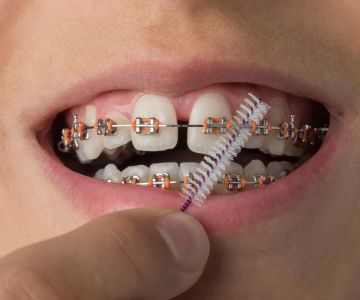
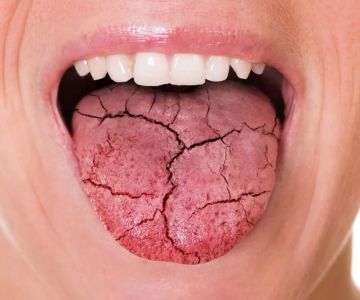
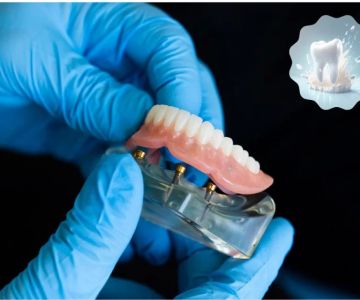
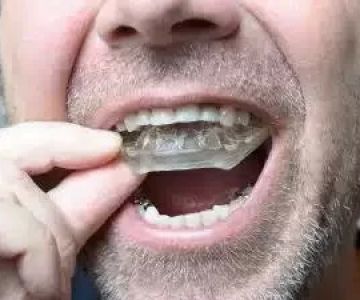
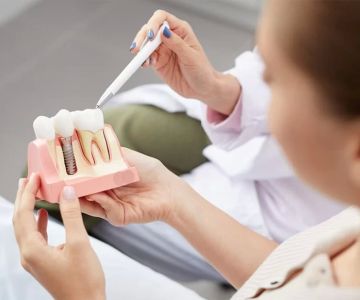

 Westgate Dental Arts
Westgate Dental Arts Coventry Family Dental
Coventry Family Dental Familia Dental
Familia Dental Dr. Daniel S. Fife, DDS
Dr. Daniel S. Fife, DDS Dentistry At Suburban Square: Michael I. Wollock, DMD
Dentistry At Suburban Square: Michael I. Wollock, DMD Comfort Care Dental
Comfort Care Dental The Importance of Oral Health Education During Pregnancy for a Healthy Pregnancy
The Importance of Oral Health Education During Pregnancy for a Healthy Pregnancy Why Skipping Dental Checkups Can Lead to Bigger Oral Health Problems
Why Skipping Dental Checkups Can Lead to Bigger Oral Health Problems Advantages of Porcelain Dental Restorations
Advantages of Porcelain Dental Restorations Best Tips for Brushing Your Teeth Properly for Healthy Gums: Essential Techniques for Oral Health
Best Tips for Brushing Your Teeth Properly for Healthy Gums: Essential Techniques for Oral Health How Can Diabetes Cause Tooth and Gum Problems? Preventing and Managing Oral Health Issues
How Can Diabetes Cause Tooth and Gum Problems? Preventing and Managing Oral Health Issues Healthy Habits for Promoting Good Oral Health and Hygiene: Tips for a Healthy Smile
Healthy Habits for Promoting Good Oral Health and Hygiene: Tips for a Healthy Smile